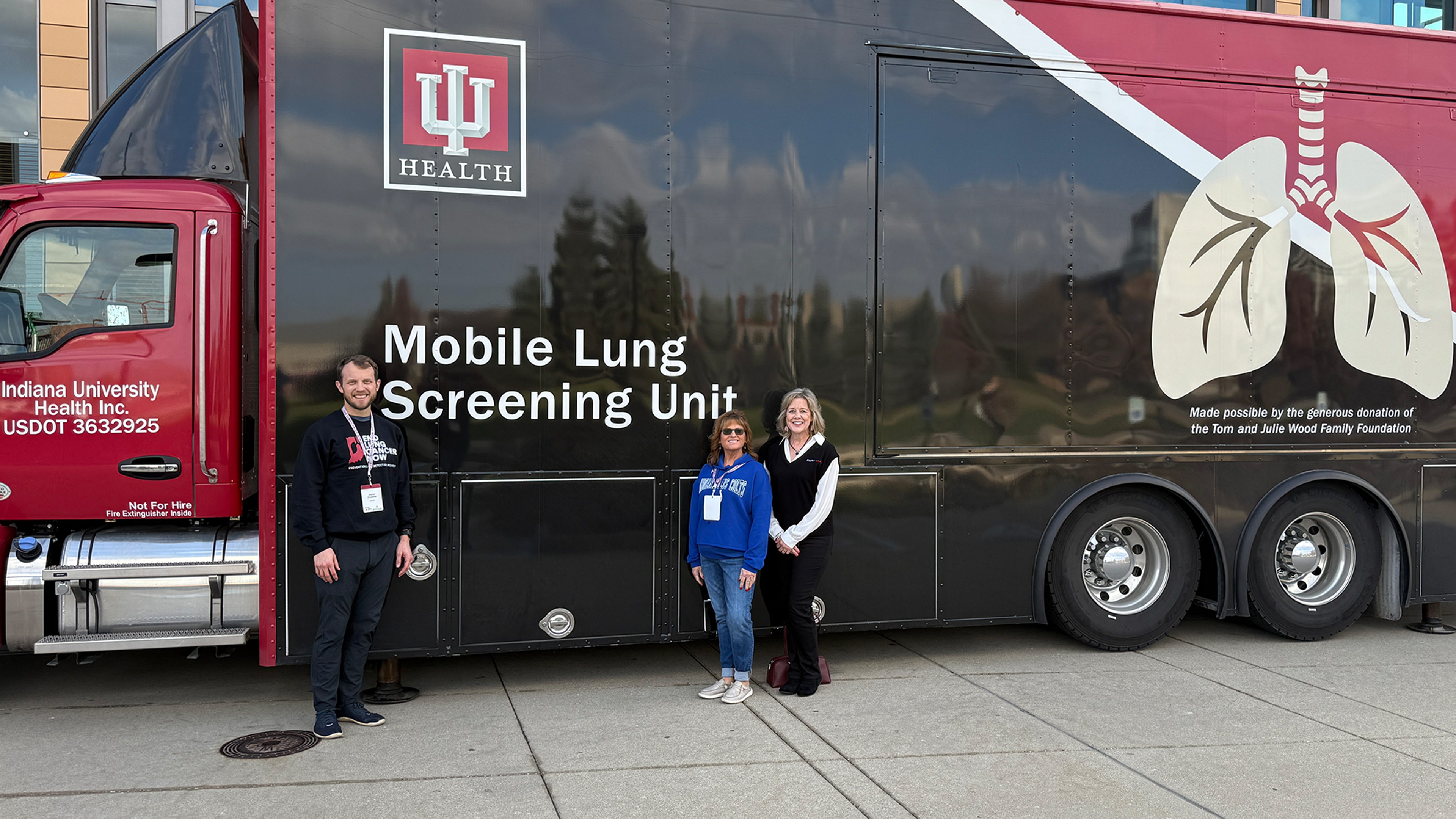

Commitment to Sustainability: Detector Recycling and Environmental Responsibility
At Radonova, sustainability is a fundamental part of operations. We are continuously finding ways to reduce environmental impact, including through the recycling and reuse of components from our radon detectors.
Recycling detector components
Every Radonova alpha track detector is designed with reuse and recycling in mind. We’ve developed an efficient return-and-reuse process that minimizes waste and maximizes environmental benefits.
- 80% of the top and bottom components of returned detector housings are cleaned and reused in the production of new detectors.
- Inside each detector, a small tracking film captures the data necessary for radon analysis. Once used, these internal tracking films are safely incinerated, and the energy produced is converted into district heating - helping warm homes and buildings in an environmentally conscious way.
- Even the vacuum-sealed plastic packaging that protects each detector can be recycled as plastic waste, keeping more material out of landfills.
The result? Zero percent of our returned detectors end up in landfills - a rare achievement in product manufacturing and a testament to our commitment to sustainability.
Radon professionals can lead by example
Radon professionals and environmental engineers are uniquely positioned to lead by example when it comes to sustainability. Reducing waste aligns with environmental health goals and can even help reduce operational costs. Here are ten ways for radon professionals to reduce waste:
1. Buy in bulk to reduce packaging from frequent small orders.
2. Reuse boxes, foam, and packing material when shipping or storing items.
3. Group appointments geographically to reduce fuel use and emissions.
4. Calibrate and maintain continuous radon monitors instead of replacing them frequently.
5. Plan installations precisely to minimize offcuts of piping, plastic sheeting, and caulk.
6. Maintain work vehicles for optimal fuel efficiency and consider hybrid or electric vehicles if feasible.
7. Donate or recycle surplus PVC piping, metal, or hardware.
8. Use rechargeable batteries for monitors and alarms.
9. Go paperless by using digital forms, contracts, and reports instead of printed paperwork.
10. Use greener materials such as eco-friendly paints/coatings and low-VOC sealants and adhesives for radon mitigation work.
A broader environmental strategy
Recycling detectors is just one part of Radonova’s broader commitment to sustainability. As an ISO 17025 certified laboratory and holder of the ISO 14001 accreditation, the international standard for environmental and waste management, Radonova actively reduces paper waste, recycles materials, and consolidates shipments to lower the carbon footprint across its supply chain.
“Our operation is focused on reducing paper waste, recycling, and consolidating shipments throughout our supply chain to reduce our carbon footprint,” says Steve Leslie, Operations Manager for Radonova, Inc.
Through thoughtful design, responsible recycling, and a commitment to continual improvement, Radonova is working every day to ensure a healthier planet—one detector at a time.
Click here to stay informed about radon industry news and product discounts.
Published
May 15, 2025




